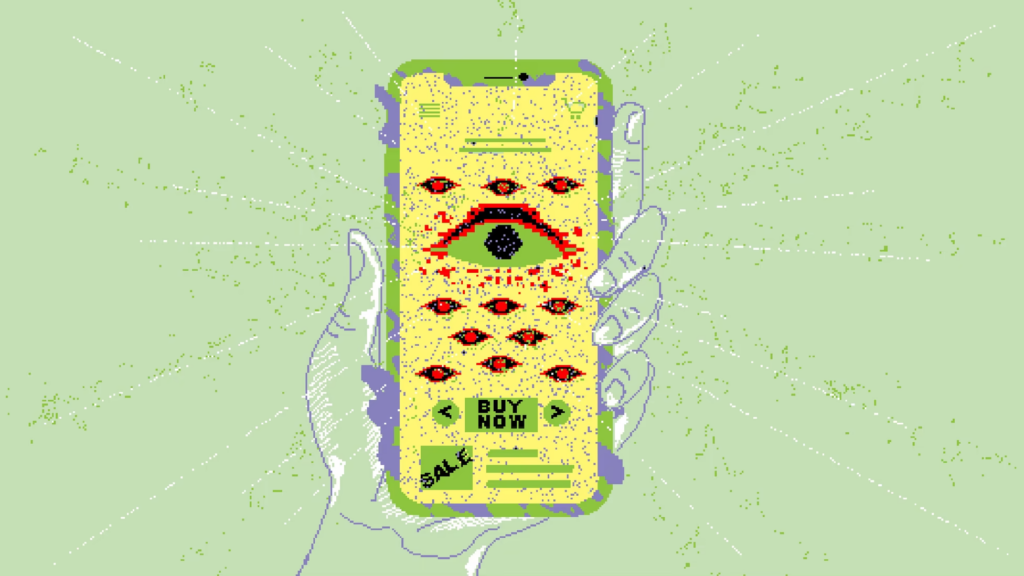The supermarket is a panopticon
My son’s now old enough to get ‘loyalty cards’ for supermarkets, coffee shops, and places to eat. He thinks this is great: free drinks! money off vouchers! What’s not to like? On a recent car journey, I explained why the only loyalty card I use is the one for the Co-op, and introduced him to the murky world of data brokers.
In this article, Ian Bogost writes in The Atlantic about the extensive data collection by retailers to personalise marketing. This not only predicts but also influences consumer behaviour, raising ethical concerns about the erosion of privacy and democratic ideals. Bogost argues that this data-driven approach shifts the power balance, allowing companies to manipulate consumer preferences.

In marketing, segmentation refers to the process of dividing customers into different groups, in order to make appeals to them based on shared characteristics. Though always somewhat artificial, segments used to correspond with real categories or identities—soccer moms, say, or gamers. Over decades, these segments have become ever smaller and more precise, and now retailers have enough data to create a segment just for you. And not even just for you, but for you right now: They customize marketing messages to unique individuals at distinct moments in time.Source: You Should Worry About the Data Retailers Collect About You | The AtlanticYou might be thinking, Who cares? If stores can offer the best deals on the most relevant products to me, then let them do it. But you don’t even know which products are relevant anymore. Customizing offerings and prices to ever-smaller segments of customers works; it causes people to alter their shopping behavior to the benefit of the stores and their data-greedy machines. It gives retailers the ability, in other words, to use your private information to separate you from your money. The reason to worry about the erosion of retail privacy isn’t only because stores might discover or reveal your secrets based on the data they collect about you. It’s that they can use that data to influence purchasing so effectively that they’re rewiring your desires.
[…]
Ordinary people may not realize just how much offline information is collected and aggregated by the shopping industry rather than the tech industry. In fact, the two work together to erode our privacy effectively, discreetly, and thoroughly. Data gleaned from brick-and-mortar retailers get combined with data gleaned from online retailers to build ever-more detailed consumer profiles, with the intention of selling more things, online and in person—and to sell ads to sell those things, a process in which those data meet up with all the other information big Tech companies such as Google and Facebook have on you.“Retailing,” Joe Turow told me, “is the place where a lot of tech gets used and monetized.” The tech industry is largely the ad-tech industry. That makes a lot of data retail data. “There are a lot of companies doing horrendous things with your data, and people use them all the time, because they’re not on the public radar.” The supermarket, in other words, is a panopticon just the same as the social network.